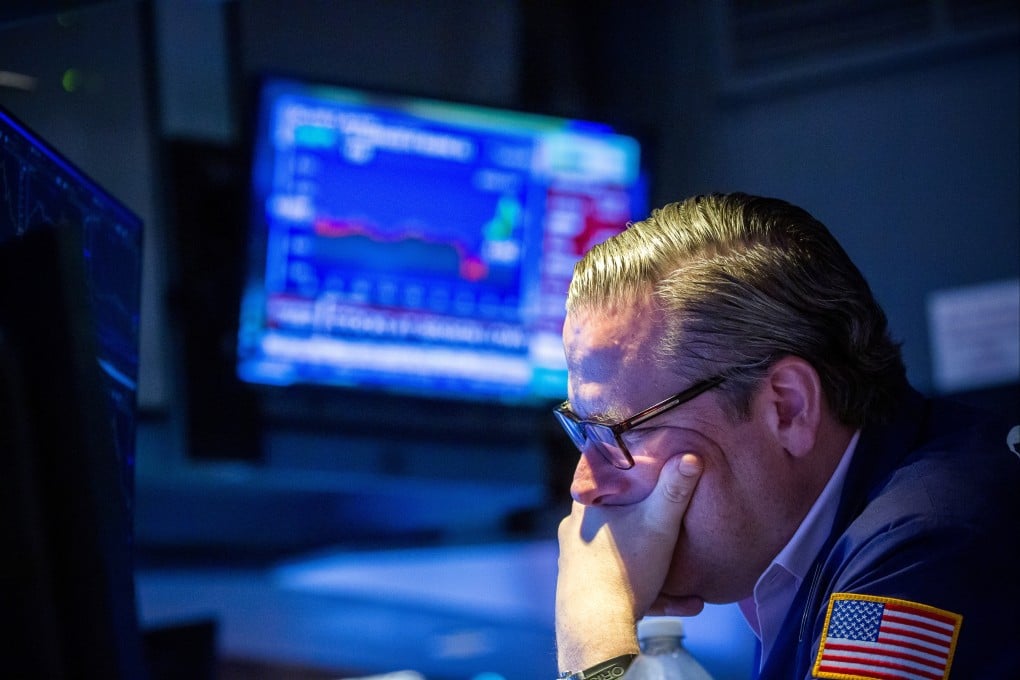Advertisement
Macroscope | As the reality of recession sinks in, prepare for markets to crash
- With market realists warning of ‘bumpy times’ and a ‘mild to hard recession’, the great financial reckoning that has been warded off for too long is finally upon us
Reading Time:3 minutes
Why you can trust SCMP
2

Until now, it seemed there were two parallel economic universes – a “real” one where people suffered from soaring inflation, food and supply shortages or even war, and a “virtual” one where financial markets envisaged a rapid return to rosy normality. Now, the virtual one is about to explode.
We are likely to be entering what could be called stage two of the “great unravelling”, when a bear market in stocks and a cooling in real estate values turn into a major collapse in asset prices as the reality of economic recession starts to sink in.
In the space of just the past week, Goldman Sachs CEO David Solomon has warned of “bumpy times ahead” and a tougher economic environment, while JPMorgan CEO Jamie Dimon has predicted a “mild to hard recession”. Markets reacted with shock despite the obvious nature of these observations.
All economic players will suffer, though some less than others. China, for example, is what the Institute of International Finance calls “an enclave of low inflation” as prices soar elsewhere, and a stock bubble implosion has less impact (relative to gross domestic product) in China and the rest of Asia than in the West.
Anyone who has observed the irrational antics of financial markets over the past several decades hardly needs the likes of Solomon, Dimon or even the International Monetary Fund to alert them to the fact that something is very wrong with the Pollyanna views espoused by many other market commentators.
It is a case of investors, market analysts and even official policymakers either burying their heads in the sand or just not having been around for long enough to realise that all actions, good or bad, have consequences and that those consequences take a while to unfold.
Advertisement
